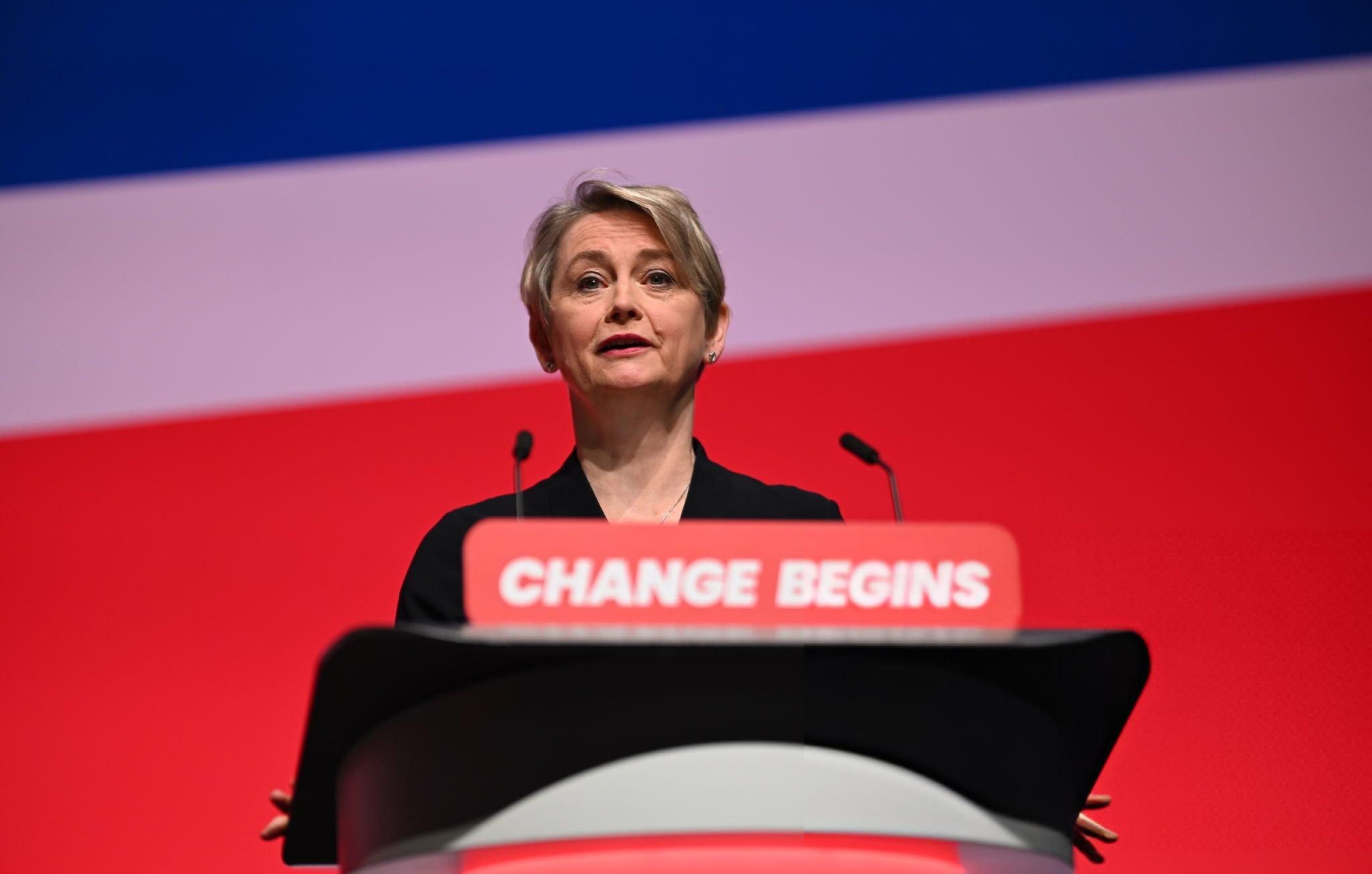The United Nations refugee agency (UNHCR) has given a cautious green light to the idea of “return hubs” — a move that could bolster the Labour Government’s ambitions to establish overseas centres for failed asylum seekers.
Sir Keir Starmer’s Government has pledged to crack down on criminal gangs smuggling people across the Channel. Amid record numbers of small boat arrivals in early 2025, ministers are reportedly considering sending failed asylum seekers to third countries, potentially in the Balkans. Discussions are already underway, and Home Secretary Yvette Cooper is said to have raised the issue directly with the UN High Commissioner for Refugees, Filippo Grandi, during talks last month.
The UNHCR’s position, outlined in a new document released this week, acknowledges that “returns hubs” could be “appropriately explored” if managed in line with international legal obligations and human rights standards. Crucially, the agency confirmed it could support countries operating such centres, provided it does not conflict with its mandate to protect refugees.
A Government source described the UN’s comments as a “helpful intervention,” noting that it adds credibility to the UK’s early-stage proposals and potentially eases the legal complexities surrounding returns to third countries.
Under the suggested model, the country hosting the return hub would be required to grant temporary legal status to the migrants sent there. The sending country — in this case, the UK — would need to ensure adequate financial and logistical support is provided, including appropriate accommodation and oversight to guarantee human rights standards are consistently met.
The UNHCR underlined the importance of monitoring and accountability in any return hub system, stressing that there must be safeguards to protect vulnerable individuals and that returns should only be carried out if it is safe and legal to do so.
The EU has also recently turned its attention to the concept of return hubs. Italy, for instance, has already started transferring failed asylum seekers to Albanian-run detention centres, with support from Rome. Sir Keir Starmer, speaking after a summit with European leaders last month, said the UK was working “very closely” with Italy to explore similar arrangements, provided they are “cost-effective” and “consistent with international law”.
As the pressure on Britain’s asylum system mounts, the Government is facing renewed scrutiny. Official figures show that 9,099 people have crossed the English Channel in small boats so far this year — more than in any previous January–April period since records began in 2018.
Tragically, the RNLI confirmed that a migrant died on Friday while attempting the perilous crossing. Just days earlier, more than 700 migrants arrived in a single day, marking the highest daily total so far this year.
Sir Keir Starmer has promised to “smash the gangs” fuelling the crisis, arguing that a combination of tough border controls and international partnerships is the only sustainable way forward. The Government’s potential plan to establish return hubs in the Balkans reflects a broader shift in European thinking on migration — away from processing and integration within national borders, and towards externalisation of the asylum system.
While the UNHCR’s support is not an outright endorsement, it signals a significant opening for the UK Government to develop a new model for handling failed asylum seekers — one that could redefine how migration is managed in the years to come.
Labour ministers have remained tight-lipped about specific locations or timelines, but insiders suggest that negotiations with Balkan nations are already underway. As the migrant issue continues to dominate headlines, all eyes will be on whether Starmer’s administration can translate this cautious international support into a functioning and lawful solution.






